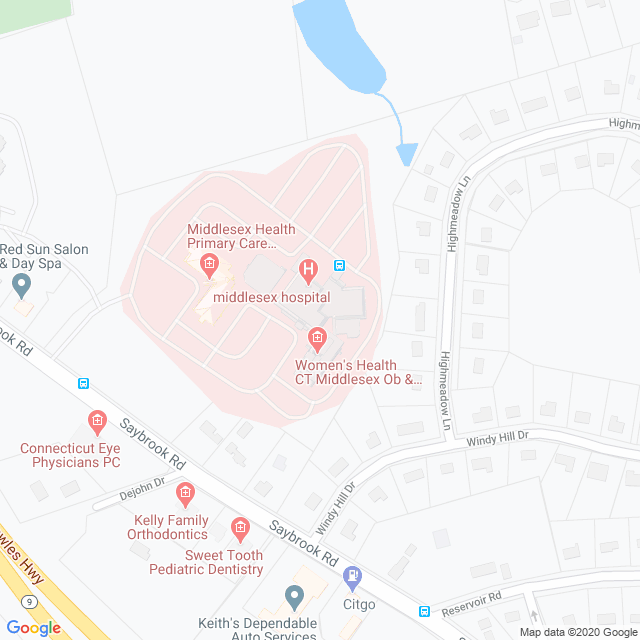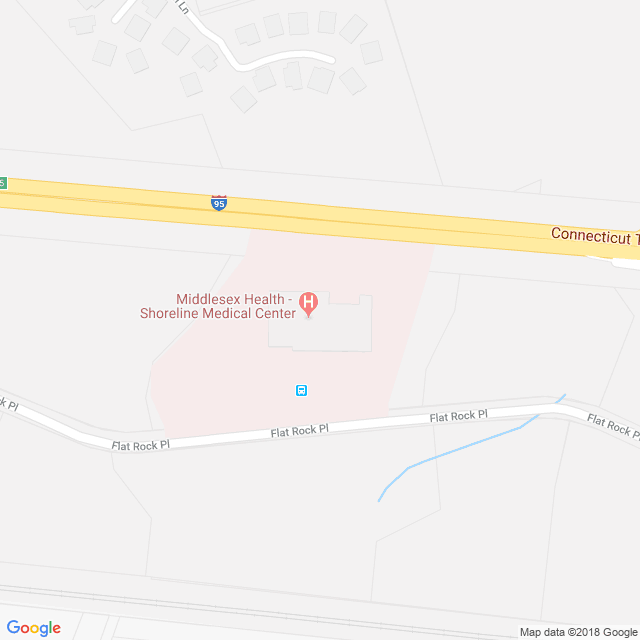
Hereditary Cancer Risk
Assessment Program

Or, if you're not sure what you're looking for, you can:
Browse Specialists
Browse Primary Care
Or, if you're not sure what you're looking for, you can:
Browse All Conditions & Care Services


The Hereditary Risk Assessment Program addresses concerns that you, your family, or your medical providers may have regarding the risk of developing cancer. Our comprehensive services are provided by Connecticut licensed, board certified Genetic Counselors who use the latest advances in the genetics of cancer to understand cancer risk.
If you or someone in your family has had cancer, you may be concerned about the risk of developing cancer. Everyone has some risk of cancer. If you have a close family member with cancer, your risk may be higher than average. In certain families, high cancer risk can be hereditary (passed down from generation to generation). Knowing about your cancer risk allows you to: (1) take steps to lower your cancer risk and (2) determine if you qualify for specialized cancer screening.
Cancer genetic counseling begins with obtaining detailed information about cancer risk factors including your family history, environmental exposures, and lifestyle details. Our genetic counselors evaluate families with ALL types of cancers. Cancer genetic counselors carefully assess your history and you will have the opportunity to discuss the following:
If you answer “yes” to any of the following questions, cancer genetic counseling may be helpful to you and your family.
Cancer Genetics Resources
Genetic Information Nondiscrimination Act
Hereditary Breast and/or Ovarian Cancer Resources
Hereditary Colon Cancer Resources
Li-Fraumeni Syndrome
Everyone has BRCA1 and BRCA 2 genes. Some people are born with changes, called mutations, in these genes. 1 in 40 Ashkenazi Jewish individuals have a BRCA1/2 gene mutation.
Mutations in the BRCA1/2 genes raise a person’s risk for developing cancer in their lifetime. Cancer risks can be higher for breast cancer, ovarian cancer, prostate cancer, pancreatic cancer and possibly others. BRCA mutation carriers can also be at higher risk to have cancer at younger ages. If your mother or father has a BRCA1/2 gene mutation, you have a 50% chance of having the same gene mutation.
You can learn more about hereditary cancer risk assessment among persons of Jewish ancestry by watching the presentation below, hosted by two of Middlesex Health's Licensed Genetic Counselors.
In this presentation, the genetic counselors of the Middlesex Cancer Center discuss hereditary colorectal cancer and how genetic counseling can help.
2 Specialty Care Locations


Learn more about Lynch Syndrome and how it can impact risk of colorectal, pancreatic, and other cancers. Featuring Middlesex Health genetic counselors Amanda Hamblett, CGC, MS and Kelly Watrous, CGC, MS and colorectal surgeon J. Michael Parker, MD.
Written by Lori Miller Kase | Photograph by Tony Bacewicz
Seasons Magazine | July 2019


